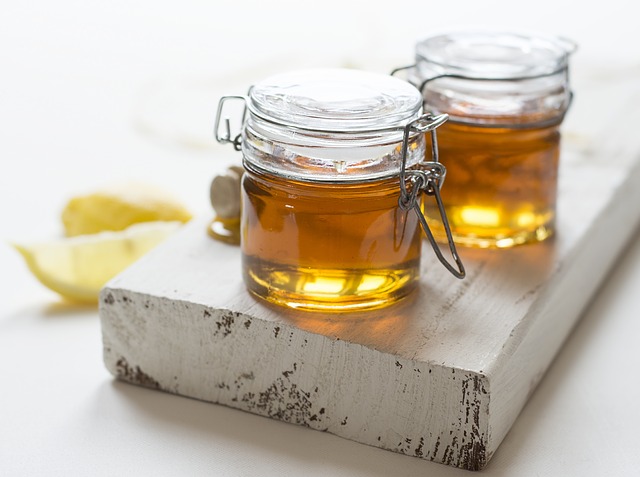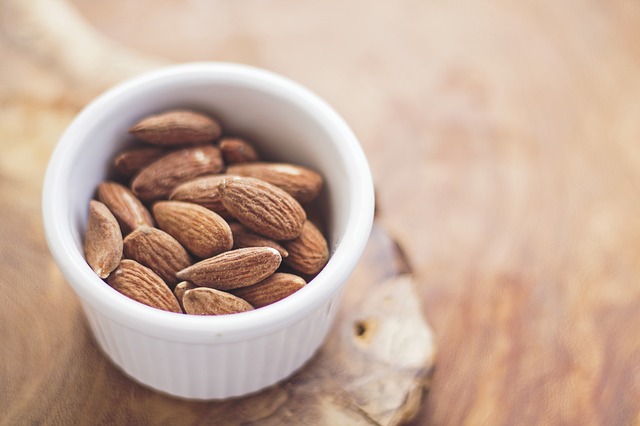Can Honey Farms Truly Be Organic?
The plain fact is, honeybees travel several miles from their hive foraging for attractive flowers to sip their sweet nectar. They then return to their hives and get to work on making that golden sweet honey that only the honeybees do so perfectly.
Even though the beekeepers flowers may be grown organically, no one can possibly guarantee that the neighbors are not spreading pesticides on their lawn and garden. That would draw us to the conclusion that there would not be a way to confine a honeybee to a pesticide free pollinating range.
Well, unless the beehives were kept on miles of organic farmland and prairies. In that case scenario it would seem we would have to ask the question, “does such a place still exist? ” There are the Apiculture Standards for organic honey put out by the USDA. They state that the hives would have to be kept at a 4 mile range free of contaminates.
Loss of Integrity in Honey Farming
Now we have major concerns about the Asian Honey that is now flooding our U.S. Supermarkets tainted with antibiotics and heavy metals. We actually don't know where most of our food comes from these days.
Honey has been a problem coming from Asia for quite some time as they launder it through other countries before it even reaches the U.S. This is a problem because 60% of the U.S. honey is imported.
There are also U.S. Beekeepers that are lobbying lawmakers for a Bill that states what honey actually is. As of now honey can be anything from rice to corn starch or worse. But then we have commercial beekeepers right here in the U.S. where 95% of them place chemicals directly in the hives and many of them feed their bees sugar water and corn syrup instead of leaving some food in the hives so the bees can feed naturally.
Where Do We Find Food with Integrity?
I would say the best place to find honey with integrity is from your local beekeepers. For healthy food we must quit depending upon imported and commercially grown agriculture.
The heart of integrity is right in your own community. It's important to get to know your local growers and producers. Most all small family farms love the earth and have integrity about their farming practices.
What to Ask Your Local Beekeeper
I visited a local beekeeper seminar earlier this year and met a man with a heart for bees and who loves his honey as well. Dennis Brown from Lone Star Farms has been raising chemical free bees since 1964. He cannot guarantee his bees don't visit neighboring farms that might use pesticides, but he does guarantee that he does not put chemicals directly in his beehives.
The reason the majority of commercial beekeepers put chemicals in their hives is a poor attempt to protect the bees from mites and beetles. The chemicals have actually shown to break down the bees resistance and cause them to become weaker and less vital.
What Lone Star Farms has done with the other scant 5% of chemical free beekeepers is work through a breeding process where the stronger and healthier bees are kept, while the weaker bees are weeded out of the hive.
After a period of time and a careful breeding process the chemical free bees have shown to be strong enough to clean themselves of the mites and beetles. The Queen Bee doesn't need to be replaced every year like they do commericially. It is said they are lasting up to 4 years before needing to be replaced.
How YOU Can Help Honeybees
Since honey has vital natural health benefits ranging from an immunity system builder and natural energy booster to being a natural remedy to many ailments it is well worth protecting it in its natural form.
With honeybees becoming more and more endangered and putting our whole food system in danger as well, it is well worth the effort to do everything we can. Many scientists have called for gardeners and farmers alike to grow more native wildflowers.
The blues and yellows are especially attractive to bees of all sorts. We can all stop using pesticides and herbicides on our lawns and landscapes and encourage our neighbors to do the same. We can ask our beekeepers to grow chemical free bees or maybe consider becoming a beekeeper ourselves.
One thing is for sure and that is my local beekeeper and other chemical free beekeepers are quite proud to stamp chemical free on the honey jar label. And well deserving they are, because that is the label we should all be looking for!!
Image Credit: Vicky Brock
- Wild Dagga Motherwort Medicinal Herb - November 11, 2013
- Grow The Best Organic Lettuce - November 4, 2013
- Amish Hot Pepper Mustard - October 23, 2013



Never even thought about this before. So obvious and great points. Just gotta do the best that we can given the circumstances. I fear things that come out of China…